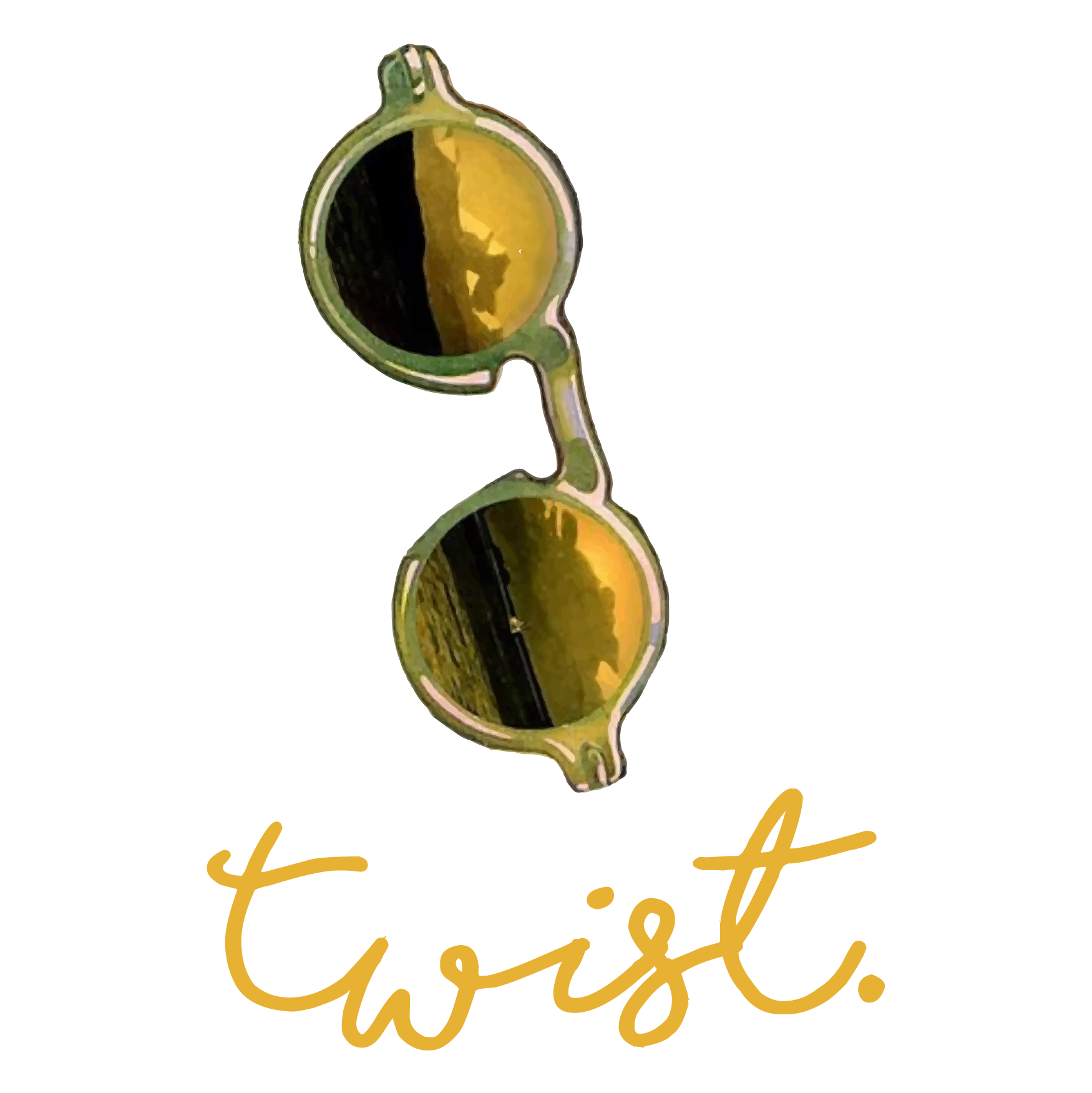External Site Notice
You are now leaving Dover Federal’s website and entering a third party site. Dover Federal is not responsible or guarantee the content on that site. Privacy and security policies may differ. Please review their privacy policy for terms and conditions of use.
Cash-Out Refinancing: Is It Right for You?
People choose to refinance their homes for different reasons. Some want to lower their monthly payments. Some want to save money on interest by paying off their home faster.
In a cash-out refinance, your current mortgage balance is replaced with a new, larger mortgage. You receive the difference in the form of cash.
For example, if you owe $120,000 on your mortgage and your home is worth $150,000, you’ve got $30,000 in equity. Refinancing to a $150,000 mortgage would put that $30,000 in your bank account.
A cash-out refinance is a great option for many homeowners, but it’s not for everyone. Here are some of the pros and cons of cash-out refinancing.
Pro: You Get Low-Interest Access to Funds Cash-out refinancing can save you money because mortgage rates are typically lower than rates on other types of loans, including many home equity loans, personal loans, and credit cards.
This is especially true now, with current mortgage rates at historic lows. These low rates are causing many people to answer “yes” to the question, “Is it time to refinance?”.
Pro: You Can Use the Money for Anything The money you get from cash-out refinancing is yours to use as you please. Renovate your home, pay college tuition, plan a wedding, or handle medical bills.
Pro: You Can Use the Money for Debt Consolidation Though you can use your cash-out refinancing funds for about his anything, consolidating high-interest debt could be an especially good way to use them.
If you have high-interest credit card debt, paying it off now with the money you get from your cash-out refinance could save you a lot of money on interest payments in the long term. It could also improve your credit score.
But remember: Don’t pay down credit card debt at the risk of being unable to pay your mortgage. If you don’t pay your credit card, you’ll be hit with fees and interest charges. But if you don’t pay your mortgage, you can lose your home.
Pro: You May Enjoy Tax Benefits Are you planning to use your funds to improve your home? If so, you may be eligible for a mortgage interest deduction, which can save you money on your taxes and lower the cost to refinance.*
Con: You May Have to Make Higher Mortgage Payments When you get a cash-out refinance, the amount you owe on your mortgage goes up, and your monthly payments may go up as well.
If you’re already spending 25% or more of your monthly income on your mortgage, or if you ever struggle to make your mortgage payments, adding to what you owe could strain your finances or even put you at risk of foreclosure.
If you don’t need the funds right away, waiting and saving your money in a Dover Federal Savings Account could be a smarter financial move.
Con: You Could Be Making Mortgage Payments for a While If you refinance a mortgage with a short term (less than 15 years left) to one with a longer term, like a 30-year mortgage, your monthly payments e or go down.
But the amount of time it takes you to pay off your mortgage and own your home outright will be extended. This also means you’ll pay more in interest over the life of the new loan.
Con: You Must Have Enough Equity The more equity you’ve built up in your home, the better a cash-out refinance will work for you. If your home isn’t worth much more than you owe on your mortgage, you’ll want to look for another way to borrow money.
Refinance With Us
If you’re interested in a cash-out refinance (or any other kind of refinance) you’re in the right place. Our friendly mortgage experts will talk you through your options and help you get a new loan that better fits your unique needs.
To learn about current refinance rates and get started, reach out today, or fill out our easy online application now.


